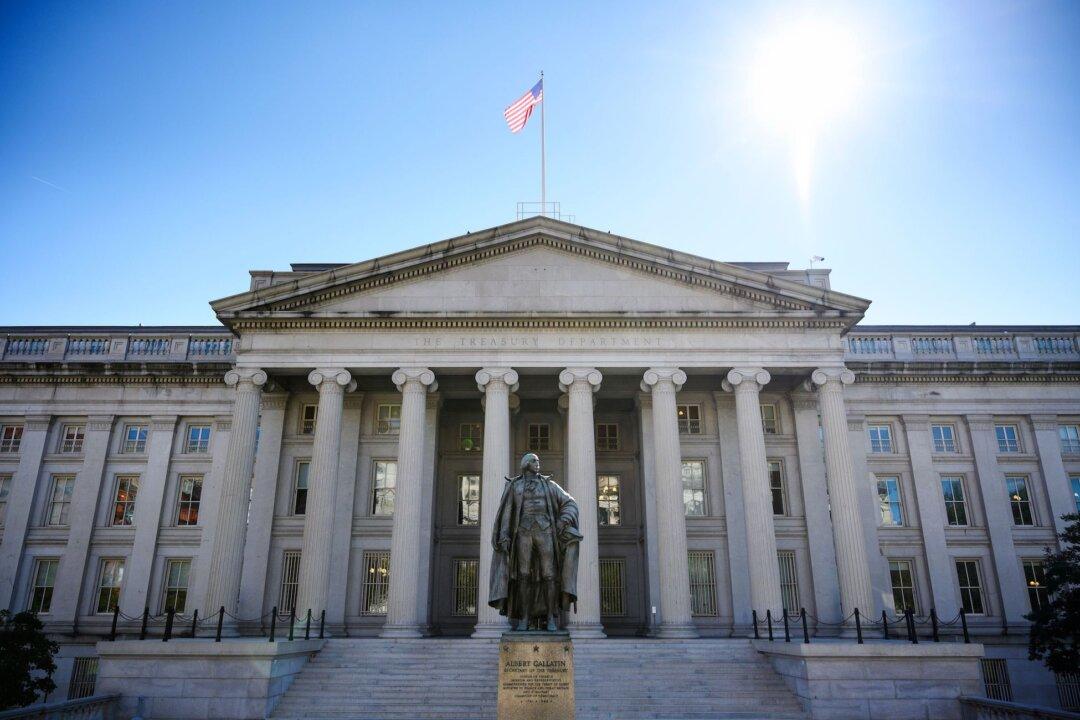The Treasury Department on Monday unveiled two new regulations governing how the federal government reviews foreign investment, including private equity and real estate transactions.
The rules, which become effective on Feb. 13, were mandated by the bipartisan Foreign Investment Risk Review Modernization Act, or FIRRMA (pdf), which was passed by Congress in 2018.




